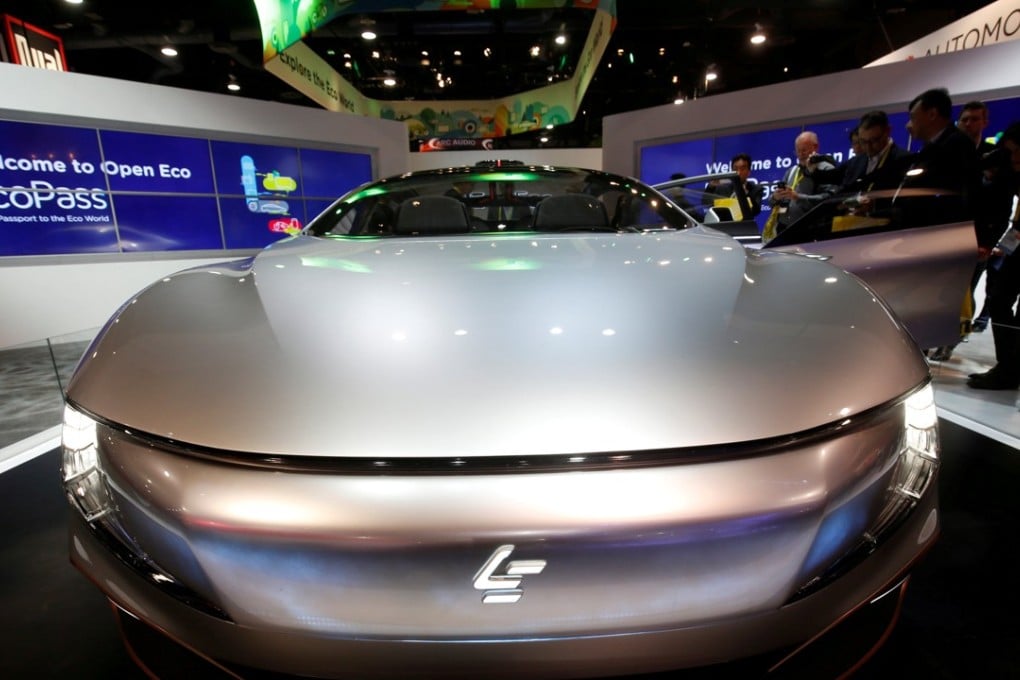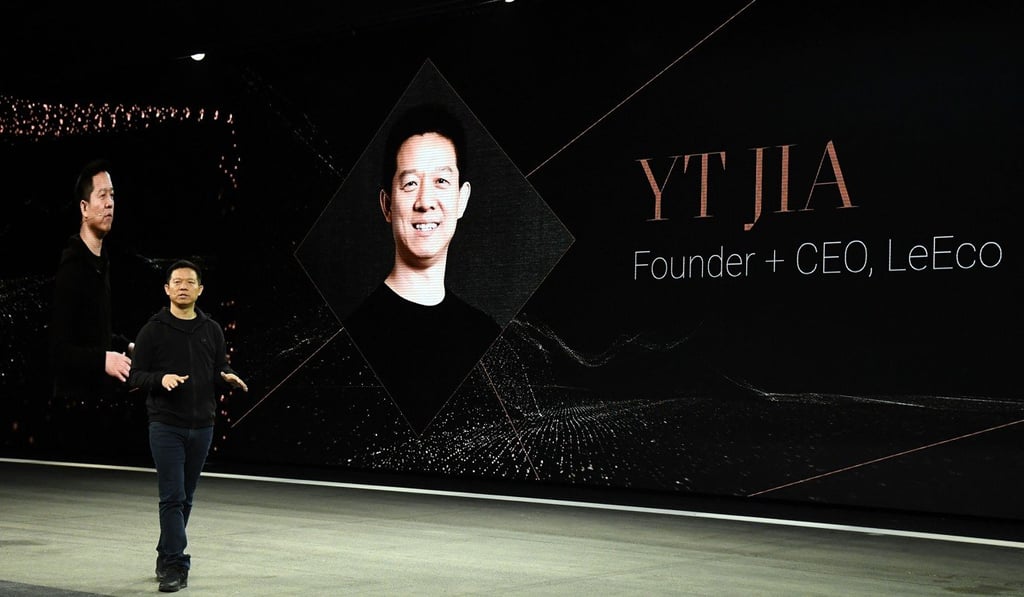Analysis | How ‘China’s Steve Jobs’ bit off more than he could chew and saw his tech empire collapse
Visionary or reckless risk-taker? Self-made internet entrepreneur Jia Yueting once ranked among China’s richest men, but overexpansion and a funding crunch have him scrambling to save his sprawling tech empire

Jia Yueting, the founder of the beleaguered LeEco technology conglomerate, does not believe in half measures or in the impossible.
From a humble start as the “IT guy” at a county taxation bureau in China’s northern Shanxi province, Jia struck out as a 23-year-old and over two decades built an empire that spanned internet video streaming and connected bicycles to smartphones and virtual reality headsets. At one point, he was the 17th richest person in China, a billionaire, feted as a daring visionary and referred to as “China’s Steve Jobs”.
His ultimate quest, though, was the automobile. The integration of the internet and self-driving, emission-free vehicles, he once said, would not only clean up the country’s polluted cities, it would free up millions of people to consume more of LeEco’s services on their commutes.

For the company, October 20, 2016 was the public turning point in its fortunes. Even by the company’s standards of holding grand and lavish events, the unveiling of the LeSee Pro electric car at the Palace of Fine Arts was a lush and expensive affair. The company had flown hundreds of journalists into San Francisco, put them up at the Fairmont hotel and billed the presentation as the “Big Bang” of the future of mobility.
It instead turned out to be a damp squib, described by Fortune as a “debacle” because Jia spent his much-anticipated speech explaining why the internet-connected, self-driving car with retractable steering wheel could not pilot itself down the T-shaped fashion show-style runway. At one point, he asked the audience in Mandarin for “some encouragement.”